(Ozark Season 4 Part 1 premieres on Netflix on January 21st)
As season three drew to a close, Marty and Wendy Byrd had their hands drenched in blood. By the halfway point of the final season, they’re practically drowning in it. Whether it’s by the Mexican drug cartel they’re not equipped to deal with or the equally nefarious political system stateside, the end is coming one way or another.
It’s that inevitability and its denial which make Ozark so infinitely rewarding. The end is coming, everyone knows it, yet none will admit it. Everything is another play that will buy more time. Except now, when the noose grows tighter. It is here the smart script and intricate plotting of previous seasons pay off big time.
The Byrd’s are terrible people, yes, but it’s hard not to root for them. There’s a perversion to their American dream that extends into the very fabric of society itself. As everyone looks out for number one, you can’t help but admire the underdogs, rigging the game in their favor.
But this time it feels like the Byrd’s have bitten more than they can chew. Omar Navarro (a terrifying Felix Solis) wants out – and Marty and Wendy are going to make that happen, or else. With their half-life as criminals coming to an end, the Byrd’s have to make hard choices for their future. If they even have one.
There’s delayed gratification throughout the half-season, and it will test the patience of some. The first episode begins with an event so startling its ghost looms over everything that follows. But it’s still only a tease for a resolution we’re denied until part two rolls out later this year. Pieces move rapidly on the chessboard – some teasing greater consequences; others ending stories suddenly and very violently. Even after all this time, Ozark continues to surprise and shock in a way that feels earned and never cheap.
Some elements do raise eyebrows. Mainly the two new antagonists who show up for the finale. While Alfonso Herrera’s Javi, nephew to cartel head Navarro, is deliciously evil in every way, I wish it wasn’t at such a last minute. Then there’s Mel Sattem, played with charming scruffiness by Adam Rothenberg, who delights as a private eye nobody seems to like. It’s a fun part, and Rothenberg leans on the dickishness with glee, but we’re this close to the finish line – surely we don’t need more obstacles?
Especially as there’s enough drama coming from within the family already. Jonah (Skylar Gaertner) was already on the edge by season three, and his spiral is frustrating in the best possible way. We have omniscience as viewers, and there are many times you just want to scream at his teenage fury. Even as Marty dryly finds pride in seeing his precocious offspring launder money at just fourteen. (“Do not be proud of him!” Wendy hisses.)
Lead by career-best performances from Jason Bateman and Laura Linney, every cast member continues to bring their A-game. Series MVP, Julia Garner, is once again stunning as Ruth, Marty’s ingénue disillusioned by everyone, everything, everywhere. Ruth is a fascinating contradiction, smarter than she gives herself credit for, but also arrogant enough to not know when she’s playing out of her league. Garner plays the opposing forces to perfection, at once hoping to escape the dead ends – both imposed and self-made – while dreading the thought of facing life outside her comfort zone.
Then, there are the Byrd’s. Linney, as Wendy, chose her new direction last season, placing ruthless ambition above family, and her laser-focused drive makes for powerful viewing. There’s a brilliant scene between her and Darlene (a withering Lisa Emery) that juxtaposes the two in ways neither is quite comfortable. Wendy, like Ruth, is running from the failures in her life, but unlike Ruth, who barks to keep others away, Wendy roars through everyone and everything like a freight train.
Bateman, as Marty, excels in equal measure. Marty remains a mystery, equal parts oblivious and scheming behind an aw-shucks-persona. Bateman plays up his ageless looks and affable personality in giving Marty a deceptively absent feel, even as his bigger picture seems to outplay everyone else at all times. It’s a bravura performance, compelling and pitiful when it needs to be, always playing the audience in a sleight of hand that keeps you guessing.
With just seven episodes left, it’s hard to say yet whether Ozark sticks the landing.
Delivering an ending that pleases everyone is not in the cards at this point. Some will undoubtedly be upset when this half closes. But if it plays its cards right, Ozark has the potential to rival other great crime dramas of the past few decades. Like The Sopranos, it arguably all boils down to family, even as we know not all of them are getting out clean. While not all of it is particularly original, Ozark shows how important the journey of getting to the familiar ground really is.
On that front, part one delivers the goods. The Byrd’s remain compelling even as they’re torn apart. Or maybe they’re compelling exactly because of that strife. Whatever the reason, I’ll be sad to see them go.


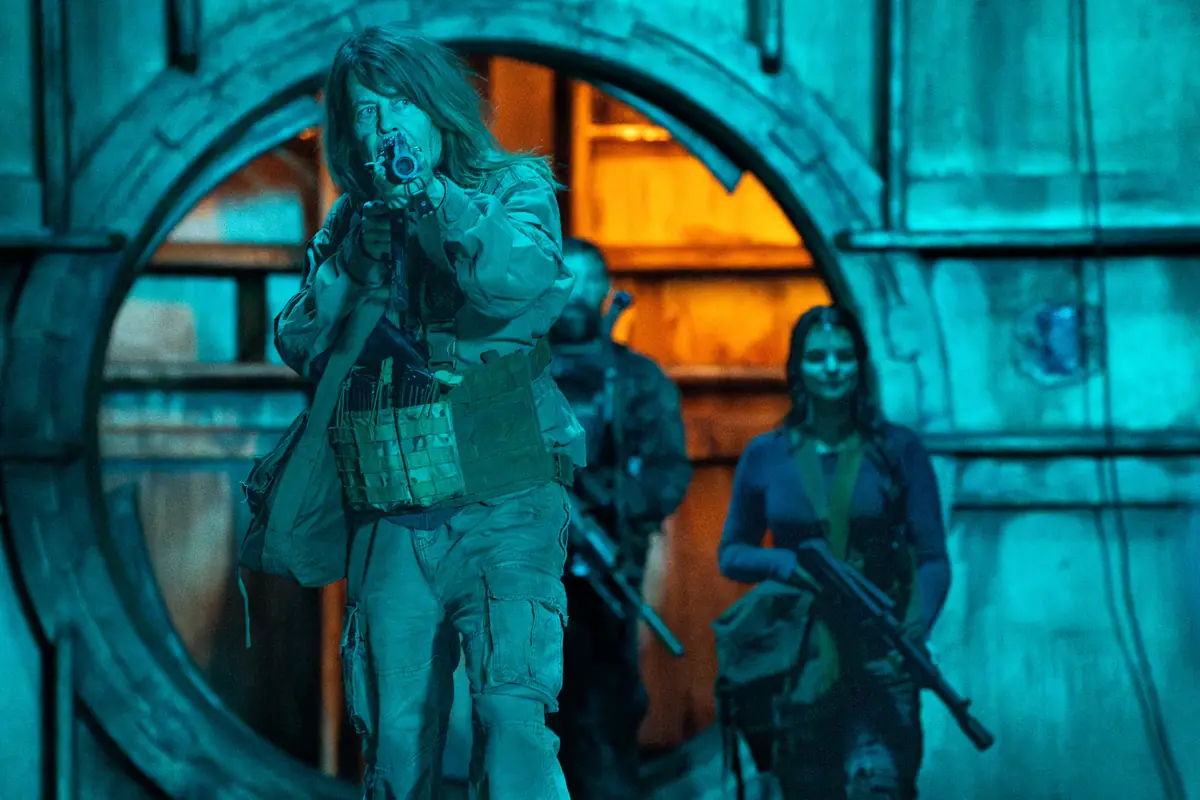



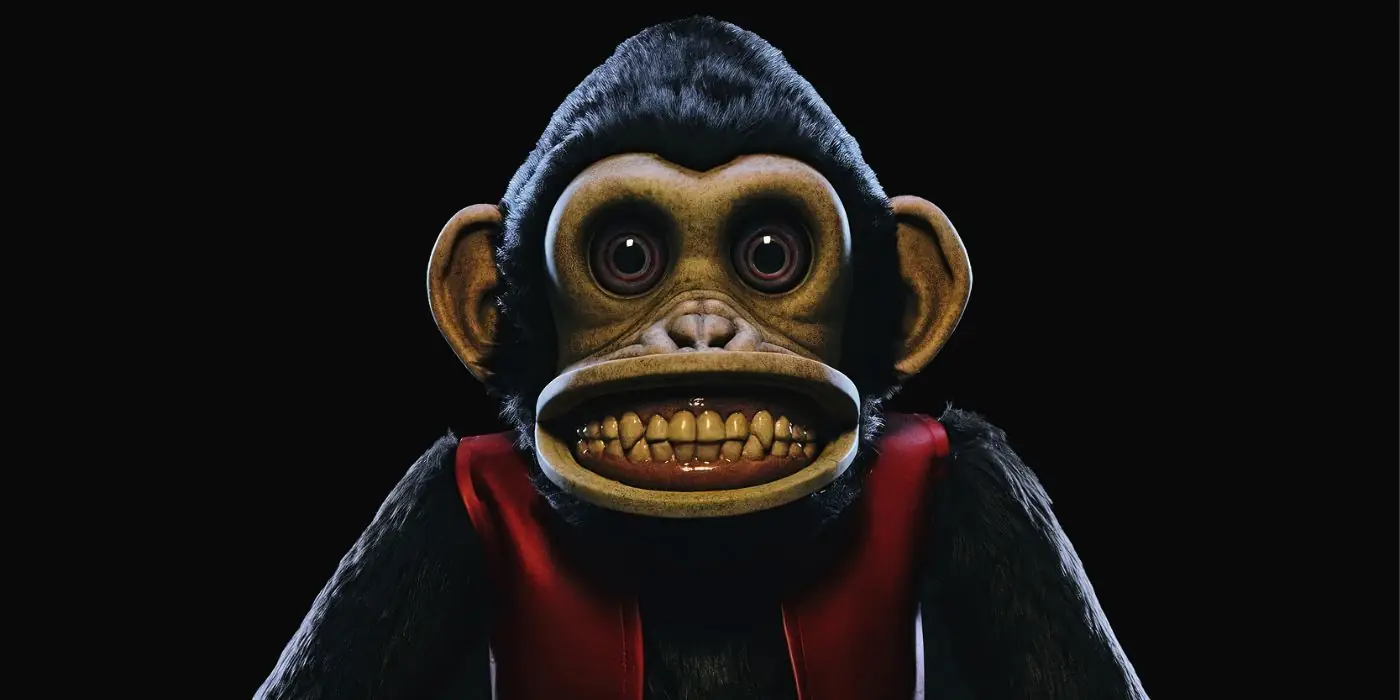
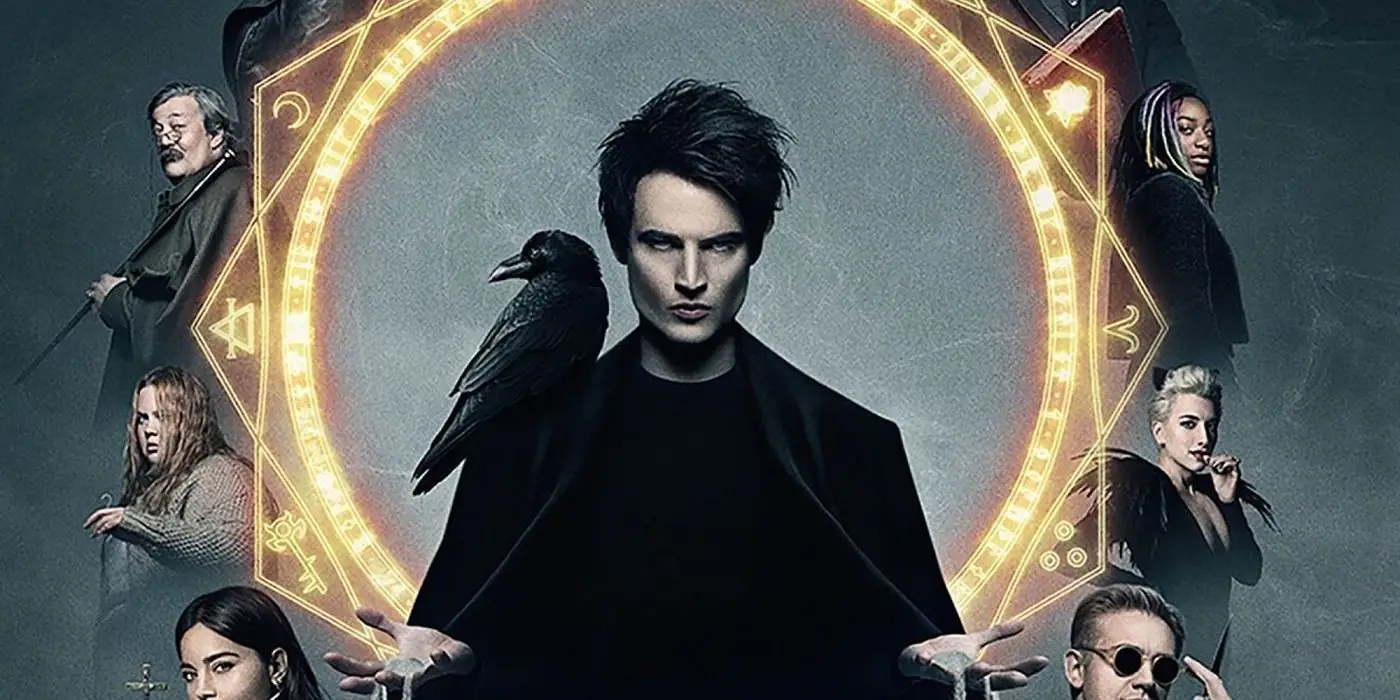
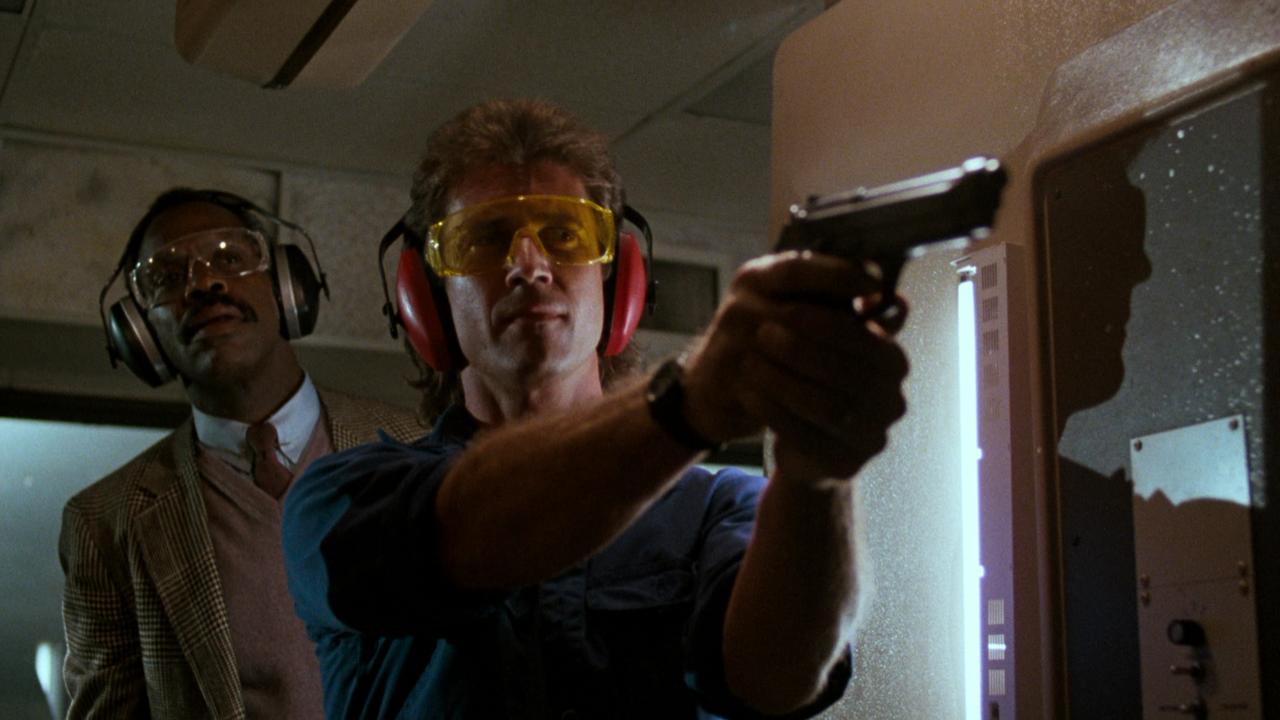


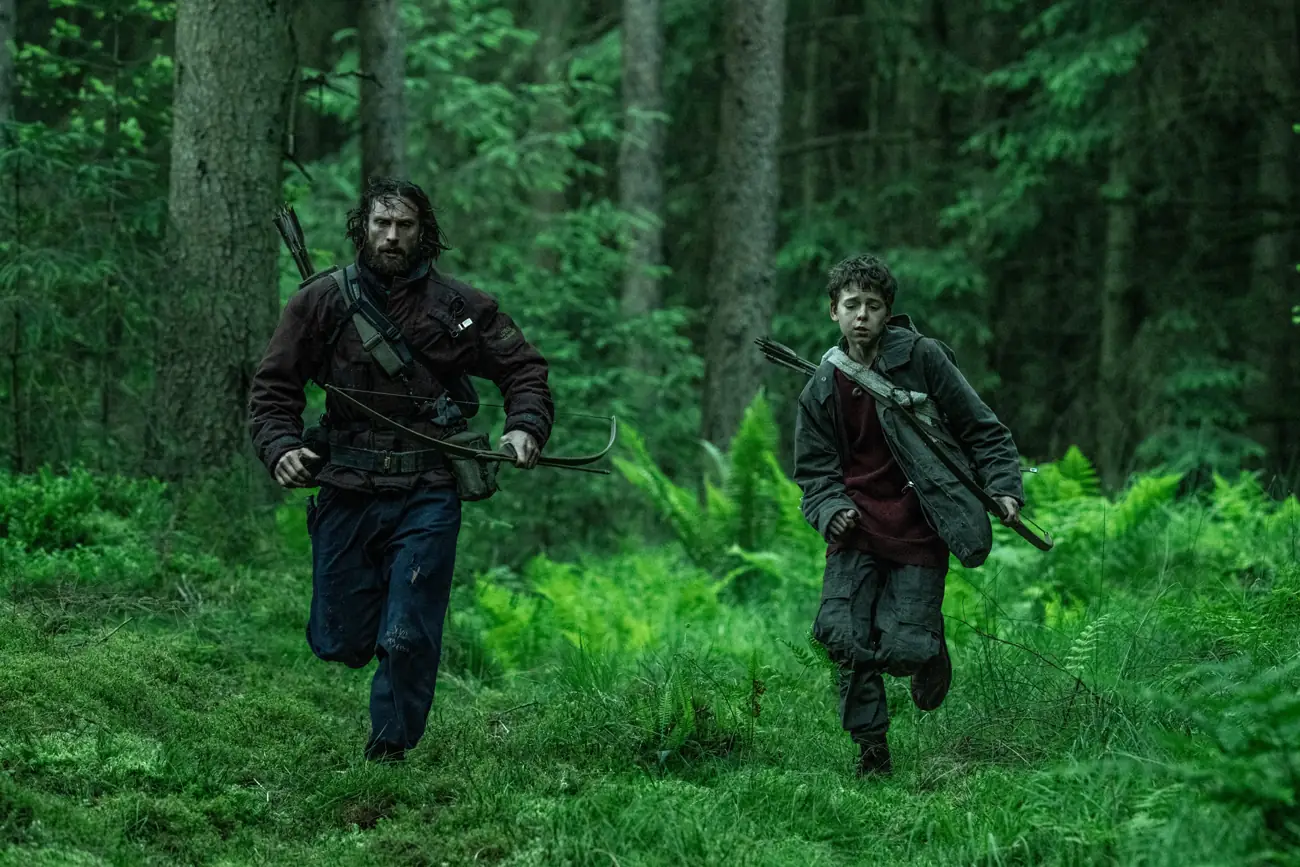

Discussion